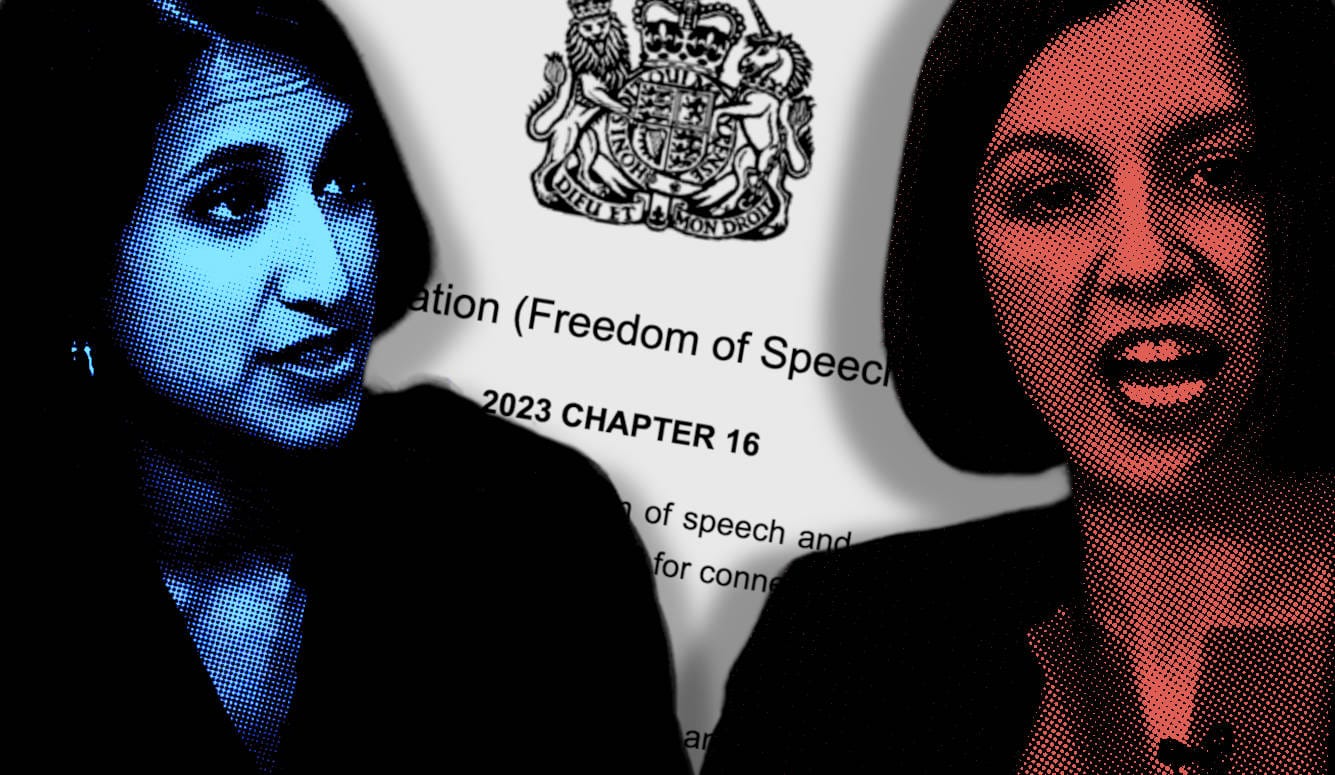Education
The Fight for Academic Freedom in the UK
How the battle for the Higher Education (Freedom of Speech) Act was fought, won, and nearly lost again.

A full audio version of this article can be found below the paywall.
I.
Greg Lukianoff, the president and CEO of the Foundation for Individual Rights and Expression in the US, has called free speech an “eternally radical idea.” Throughout history, authorities have suppressed the free expression of ideas, silenced dissent, and punished heretics. The right to freedom of speech must be fought for, justified, and elucidated by each new generation.
Academic freedom is closely related to free speech, although the concept is more limited in scope. Nevertheless, it merits an enhanced level of protection because it derives from the distinctive status of the university as an institution and community devoted to the pursuit of truth. Without academic freedom, knowledge stagnates, inquiry bends to power, and our understanding of the world atrophies.
What follows is a story about free speech and academic freedom. It is the story of the Higher Education (Freedom of Speech) Act—a pivotal piece of legislation that emerged at a time when free expression in UK universities was under mounting siege. Proposed, resisted, weakened, restored, and nearly lost again, it became a battleground for policymakers, academics, activists, and university leaders grappling with the future of open discourse.
It is also a personal story.





